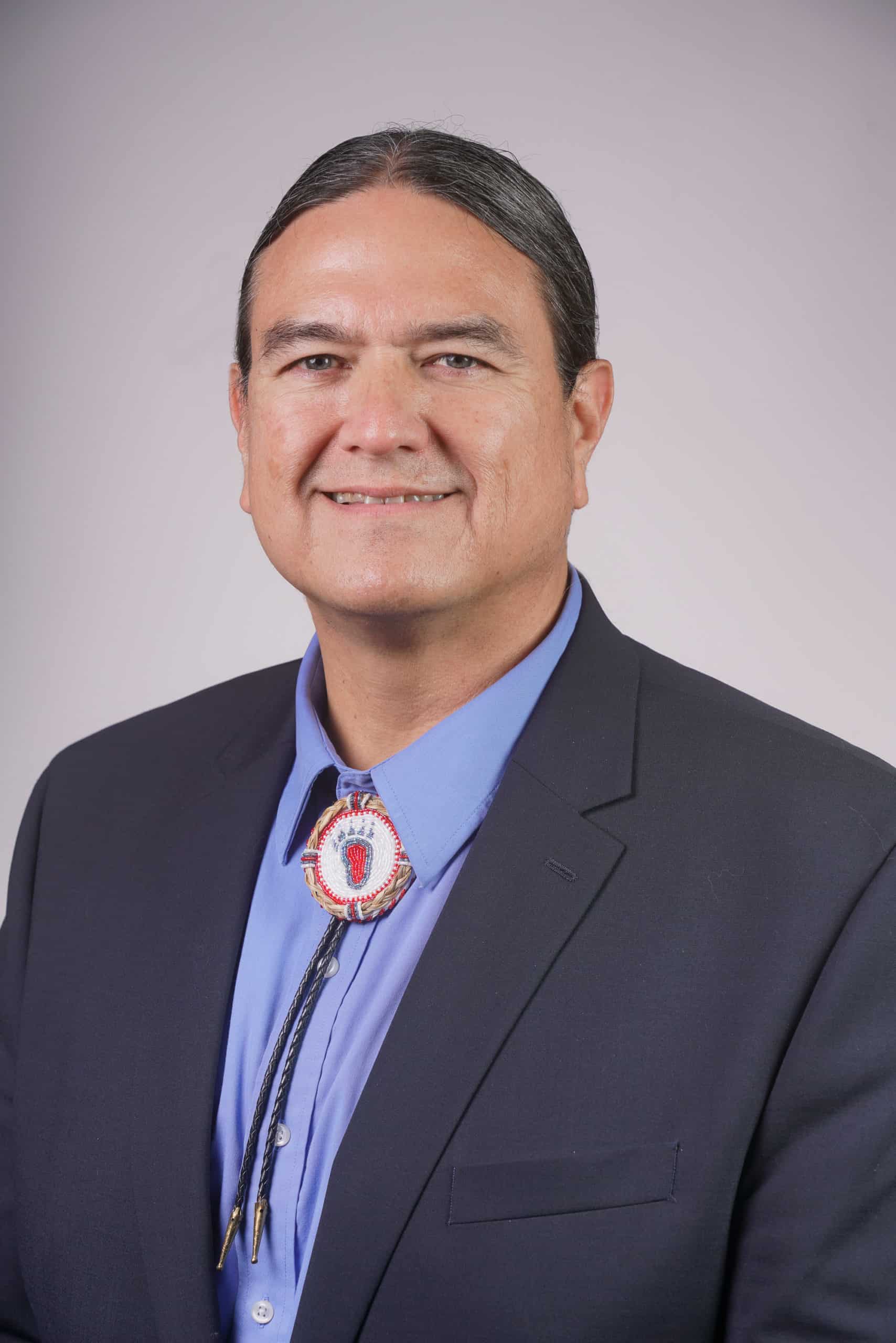Twenty-four urban and rural tribal organizations, medical schools, health plans, teaching hospitals, medical residencies, and physician advocates on Wednesday launched the American Indian Medical Education Strategies (AIMES) Alliance.

The AIMES Alliance, whose mission is to “address physician shortages in tribal communities,” is the first funded policy and communications organization singularly focused on advancing and advocating for federal policies that bring graduate medical education (GME) partnerships to more urban and rural Tribal medical facilities.
The new alliance intends to counter the vast health disparities that exist among American Indians and Alaska Natives. According to the Office of the Assistant Secretary for Planning and Evaluation, U.S. Department of Health and Human Services, the age-adjusted percentage of American Indian/Alaska Native (AI/AN) adults in fair or poor health is 20.6% as compared to 12.1% of the overall U.S. population.
"This is a pivotal moment for Indigenous health and academic medicine," Dr. Donald Warne (Oglala Lakota), the AIMES Alliance leader and co-director of the Johns Hopkins Center for Indigenous Health said. "I am honored to lead the Alliance and to support AIMES members in shaping the future of IHS, Tribal, and Urban Indian Health GME programs.”
Mortality disparities from Indian Health Service data shows the AI/AN age-adjusted death rate is 33% higher than the overall U.S. death rate (all races). Despite these outcomes, current funding for the Indian Health Service (IHS) addresses just 48.6% of the estimated health care needs of the American Indian/Alaska Native population, which has historically been subject to discretionary allocations from Congress.
Dr. Warne says to promote American Indian/Alaska Native health equity, staffing at tribal health facilities must be improved.
“Bold and collaborative action is required. As an American Indian physician, I recognize the critical need to form an alliance of community leaders and partners in the Tribal health and medical education and training space. The AIMES Alliance will play an essential role in developing innovative AI/AN-medical education partnerships that benefit our communities and support culturally relevant training of physicians," according to Dr. Warne.
The health disparities that exist in Indian Country were amplified during the Covid-19 pandemic.
“The pandemic highlighted vast inequalities facing American Indian and Alaska Native communities. With the founding of the AIMES Alliance, tribal nations, academic and community medicine leaders, and other allies can come together, collaboratively work with policymakers, and champion public policies that address health equity and alleviate physician shortages by expanding medical education and training opportunities in Indian Country,” Dr. Michael Toedt, the AIMES Alliance Senior Advisor and former Chief Medical Officer of the Indian Health Service.
Harnessing the full potential of this collaborative work will require the shared commitment of Tribal nations, academic and community medicine partners, health plans, and health equity advocates.
Alliance members represent some of the most recognized tribal health and academic medical innovators in the field. Bringing the best minds together, AIMES aims to overcome the most critical obstacles inhibiting the advancement of Tribal-GME policies and partnerships.
AIMES' founding members include:
- Albuquerque Area Indian Health Board
- American Association of Colleges of Osteopathic Medicine
- Association of American Indian Physicians
- Association of Native American Medical Students
- Burrell College of Osteopathic Medicine
- Denver Health
- Family Medicine Residency of Western Montana
- Great Plains Tribal Leaders' Health Board
- Health Care Service Corporation
- Mayo Clinic
- Mashantucket Pequot Tribal Nation
- Michigan State University College of Human Medicine
- Mount Sinai Health System
- Oklahoma State University Center for Health Sciences
- Partners in Health
- Rocky Vista University – Montana
- Rocky Vista University – Utah
- Rocky Vista University – Colorado
- Seattle Indian Health Board
- Touro University California College of Osteopathic Medicine
- Touro University College of Osteopathic Medicine - Harlem (NY)
- Touro University College of Osteopathic Medicine - Middletown (NY)
- Touro University College of Osteopathic Medicine - Great Falls (MT)
- University of North Carolina Rural Residency and Teaching Health Center Planning and Development Technical Assistance Centers
- University of Washington School of Medicine
The Alliance is managed by Leavitt Partners, an HMA Company.
More Stories Like This
USDA Expands Aid for Lost Farming Revenue Due to 2025 PoliciesTwo Feathers Native American Family Services Wins 2026 Irvine Leadership Award
Bill Would Give Federal Marshals Authority to Help Tribes Find Missing Children
Indian Health Service to Phase Out Mercury-Containing Dental Amalgam by 2027
End of Enhanced Obamacare Subsidies Puts Tribal Health Lifeline at Risk


